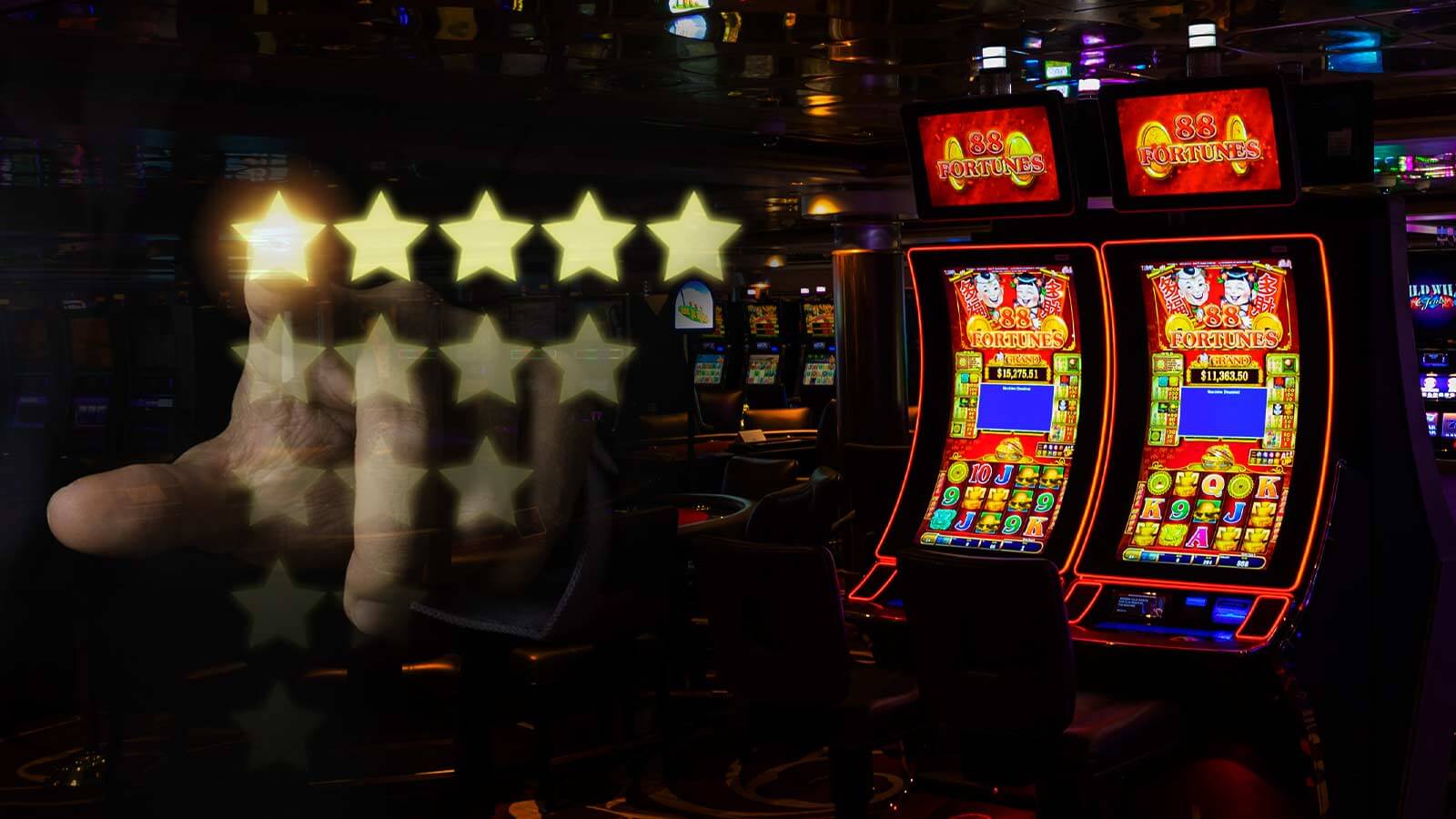
Casino games have long been a captivating entertainment option, drawing countless of players from diverse cultures around the globe. From the opulent casinos of Las Vegas to the busy gambling halls of the Chinese gambling capital, these games serve as a bridge that connects people across different backgrounds. The allure of chance, strategy, and gambling entices not only those seeking to gamble for profit but also those looking for a feeling of belonging.
The influence of casino games extends far beyond the gaming floor. They often embody the values and principles of the communities in which they prosper. Games such as poker, pontoon, and the wheel game have woven themselves into the tapestry of mainstream culture, influencing multiple fields from films to style. As we explore this fascinating intersection of chance and society, we can gain insights into how gambling games shape and are influenced by the world around us.
Chronological Development of Casino Games
The roots of gaming activities can be tracked back to old cultures, where gambling in various forms was widely engaged in. In the East, around 2300 B.C., a type of luck game known as Keno was well-known, while in ancient the Roman Empire, soldiers would often gamble on the outcomes of their contests. The notion of using randomness for amusement and profit progressed over the ages, leading to the establishment of more organized games. By the end of the Middle Ages, betting houses began to surface in the continent, notably in the Italian peninsula, which introduced early incarnations of famous activities still practiced today.
As betting increased recognition in European regions, the 17th and 18th centuries saw the rise of casinos as specialized venues for betting. The first official gambling house, the Ridotto, was set up in Venice in sixteen thirty-eight, providing games like Baccarat and Faro games. This period marked a crucial turning point, as casinos began to welcome not just the elite but also the expanding middle-income class. The sophistication of activities increased, leading to the introduction of new guidelines and versions that enhanced the play experience.
In the 19th century, the era of industrialization and shifts in societal standards further transformed the landscape of gaming games. The introduction of roulette and contemporary one-armed bandits attracted a larger audience, and casinos became seen as legitimate forms of entertainment. This era witnessed the international spread of gambling, as gambling houses spread from European nations to the New World, culminating in the establishment of the legendary Strip of Las Vegas in the twentieth century. The evolution of gaming games has continued into the current era, including modern technology and digital platforms, allowing them accessible to a global market.
# Cultural Relevance in Various Societies
Casino activities have deep-rooted social importance across numerous communities across the world. Places like Las Vegas, the very core of the urban landscape is woven around gaming venues, where gambling is not just a hobby but a key aspect of entertainment and community interaction. The vivid lights and lively atmosphere attract countless individuals, showcasing how casino games can influence local economical structures and local cultures. This surrounding transforms the notion of leisure into an engaging event that influences apparel, sound, and even film.
Conversely, some societies view betting with more caution, viewing it through the lens of ethical beliefs and tradition. For instance, in numerous Eastern societies, games like Mahjong and Pai Gow are steeped in history and have significant social relevance. These games are often played during gatherings and celebrations, fostering social ties and strengthening family ties. The act of engaging in these games goes beyond mere amusement, reflecting principles such as respect for elders and the importance of communal fun.
Simultaneously, in continental countries such as Monaco and Rome, games of chance serve as symbols of luxury and refinement. The stylish atmosphere of these venues attracts both visitors and residents, upholding a sense of prestige and exclusivity. The art of Texas Hold’em and the strategic elements of games like the game of baccarat are celebrated, influencing interpersonal interactions and cultivating an appeal that fascinates a varied audience. This underscores how games of chance can both reflect and mold societal views towards risk, gain, and relationship building.
Financial Influence and Travel Industry
Gambling activities play a crucial role in the financial context of many regions, particularly those that depend significantly on tourism. The revenue generated from casino operations fuels local financial systems, creating jobs not only within the casinos but also but also in related sectors such as hotel management, dining, and recreation. This surge of tourists, drawn by the attraction of games and the overall gaming environment, stimulates spending across multiple businesses, contributing to the economic vitality of the region. gold88
The presence of casinos often leads to the construction of infrastructure, including lodging, transportation systems, and recreational facilities. These developments are essential in enhancing the overall visitor satisfaction, making destinations more appealing to visitors. Additionally, many casinos invest in local communities through sponsorship of activities and philanthropic initiatives, further embedding themselves into the social fabric of the region. Such contribution not only supports economic growth but also cultivates a positive reputation of the casino industry.
In addition, the global popularity of casino games drives tourism competition, with locations vying to attract gamblers from across the globe. Iconic destinations like Las Vegas and Macau have become identifiable with gambling culture, drawing millions annually. This competitive edge encourages innovation and diversification within the gambling sector, influencing developments in entertainment and hospitality that extend beyond their borders. The consequences of this visitor influx extend far, impacting local financial health and cultural interactions on a global scale.
